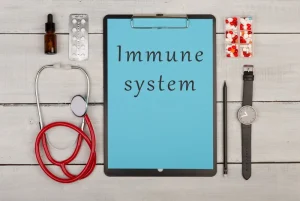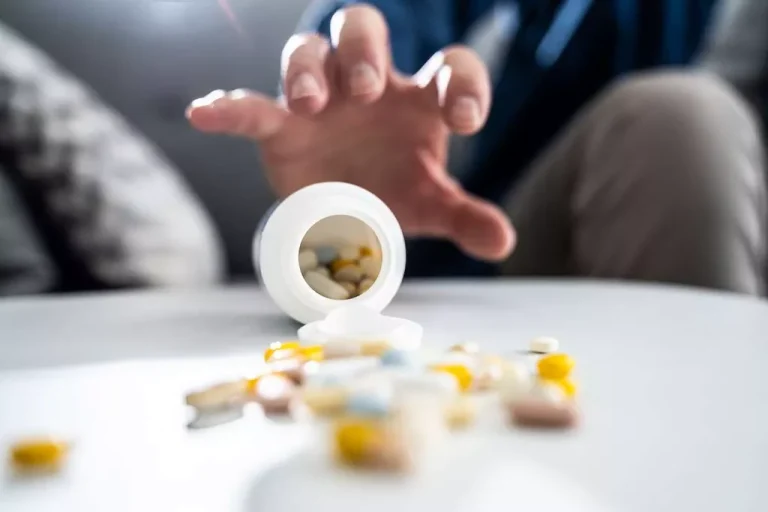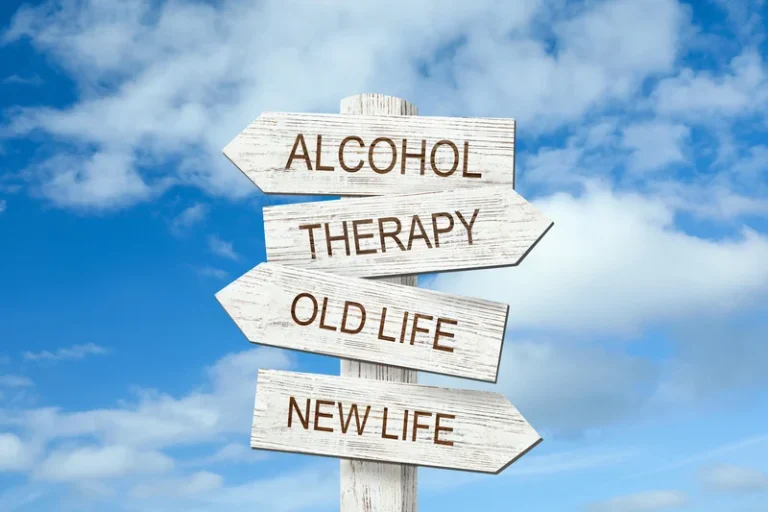As you work toward quitting, you can try adjusting your drinking around your sleep for less severe impact on your sleep patterns. Sleepwalking and parasomnias — You may experience moving a lot or talking while you’re sleeping. There’s a chance you’ll physically act out your dreams in your sleep, or even sleepwalk.
What role do sleep disturbances play in alcohol relapse?
Studies of the effects of repeated alcohol administration over multiple nightsare rare and suffer from small sample sizes. To our knowledge, only five such studies havebeen published with a total of 19 men and 5 women evaluated in experiments that vary inthe dose of alcohol administered, the timing of the alcohol relative to sleep, and thenumber of nights of consecutive usage. Sleep occurs over a sustained period, typically lasting approximately 8 hours inhumans. In the absence of continued dosing, alcohol consumed prior to the onset of sleep,therefore, will not be at a constant level throughout the sleep period.
Health Categories to Explore
Research shows that between 33% and 40% of people who consume alcohol experience mild to severe anxiety. Having a beverage containing alcohol in the evening from time to time may slightly disrupt sleep, but consuming alcohol for multiple nights in a row or every night carries a greater risk of insomnia. https://ecosoberhouse.com/ Studies estimate that 36–91% of people experiencing alcohol dependence may have insomnia. Individuals with insomnia have difficulty maintaining a consistent sleep schedule. Experts state that acute insomnia lasts up to a few days to weeks, while chronic insomnia continues for several months.
Be a sleep-smart drinker.
- Moreover, chronotype is a dynamic trait that changes across the lifespan.
- Data are drawn from (Feige et al. 2006; Prinz et al. 1980; Rundell et al.1972).
- Drinking appears to have differential effects on sleep depending on chronic versus acute dosage18 Our cut-offs for drinking exposures and sleep problems are largely arbitrary and it is possible to other subtle relationships are masked.
- Below, we’ll dive into how to stop alcohol insomnia with help from the RISE app, how long alcohol sleep problems last, and why alcohol causes sleep loss in the first place.
All civil servants aged 35–55 years in 20 London-based departments were invited to participate by letter and 73% agreed. Baseline examination (Phase 1) took place during 1985–1988 and involved a clinical examination and a self-administered questionnaire containing sections on demographic characteristics, health, lifestyle factors, work characteristics, social support and life events. Subsequent phases of data collection have alternated between postal questionnaire alcohol insomnia alone and postal questionnaire accompanied by a clinical examination. Alcohol consumption among the elderly has increased10 and the prevalence of insomnia tends to increase with age11, therefore this age group warrants particular consideration. If left untreated, insomnia can affect an addicted person’s recovery and contribute to relapse. Since alcohol can cause lightheadedness and sedation, people assume it can be a makeshift sleep medicine.
- Consuming alcohol may present a higher risk of developing sleep apnea.
- Alcohol wasconsumed before bed to obtain BAC of 0.03 or 1.0% in two different conditions.Data are presented from a baseline night, three drinking nights and two recovery nights.The results for the first half of the night from these studies are summarized in Figure 1.
Many who abuse alcohol often do it well into the night and oversleep into the next day. In time this may lead to switching up day and night sleeping patterns. Then, as withdrawal from the drug or alcohol occurs there’s a big sleep-wake reversal which then needs to be addressed.
3. Do complex phenotypes involving insomnia and circadian rhythm abnormalities co-exist?
Maybe you enjoy a glass of beer or wine after dinner, or your weekends include drinking with friends at bars or social events. Keep in mind that for people with AUD, sleeping issues may persist through the withdrawal phase. Researchers from a 2020 study concluded that those with AUD need at least 5–9 months of abstaining from drinking in order to normalize their sleep duration and rhythm, so try to be patient with yourself during this time.





